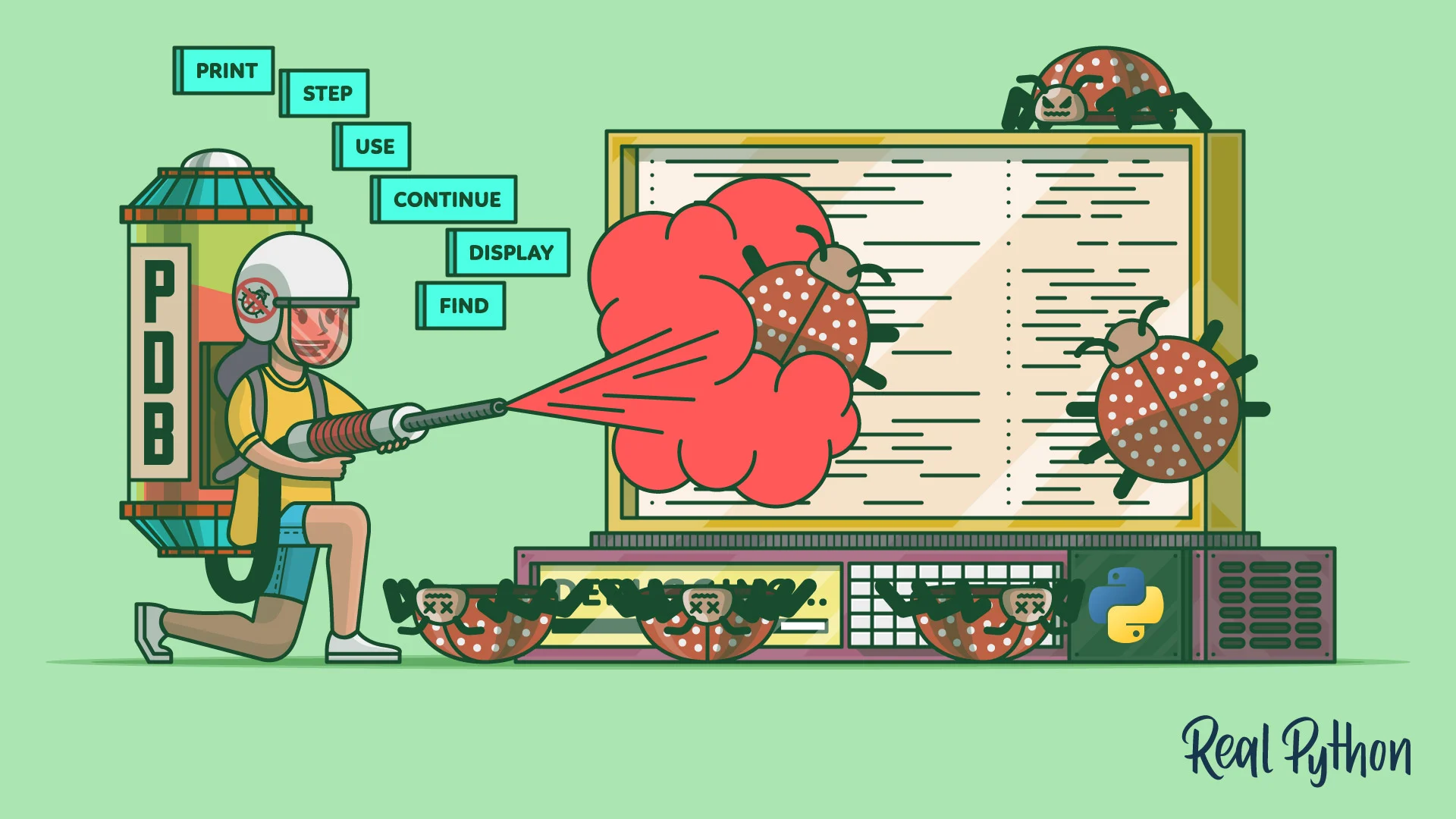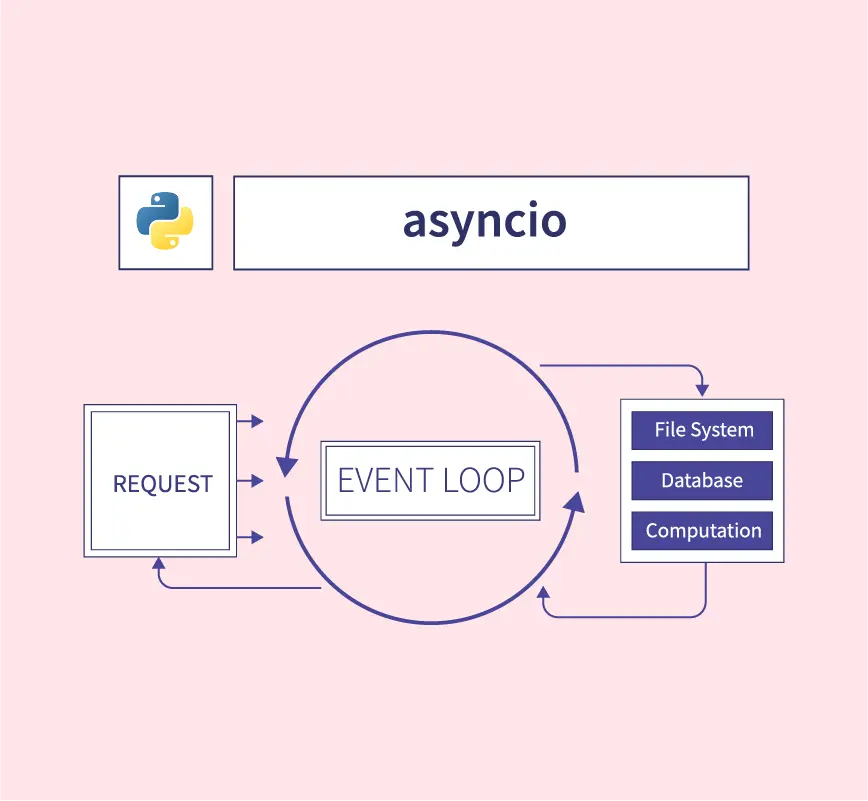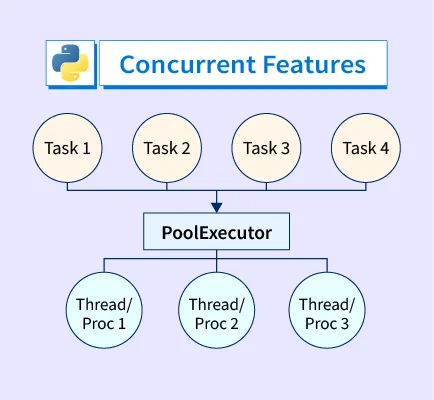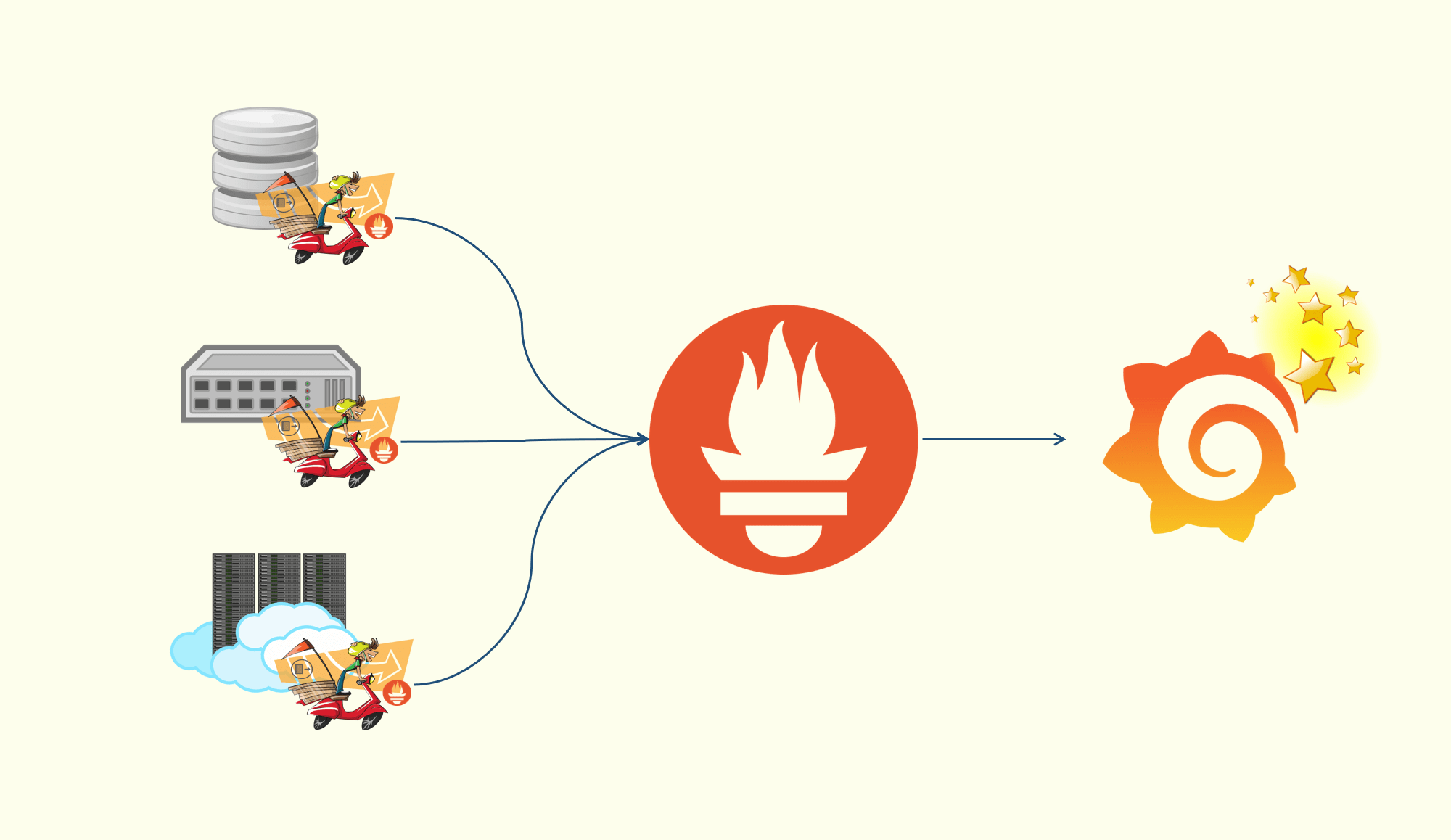1
2
3
4
5
6
7
8
9
10
11
12
13
14
15
16
17
18
19
20
21
22
23
24
25
26
27
28
29
30
31
32
33
34
35
36
37
38
39
40
41
42
43
44
45
46
47
48
| class Entity:
def __init__(self, object_type):
print('parent class init called')
self.object_type = object_type
def get_context_length(self):
raise Exception('get_context_length not implemented')
def print_title(self):
print(self.title)
class Document(Entity):
def __init__(self, title, author, context):
print('Document class init called')
Entity.__init__(self, 'document')
self.title = title
self.author = author
self.__context = context
def get_context_length(self):
return len(self.__context)
class Video(Entity):
def __init__(self, title, author, video_length):
print('Video class init called')
Entity.__init__(self, 'video')
self.title = title
self.author = author
self.__video_length = video_length
def get_context_length(self):
return self.__video_length
harry_potter_book = Document('Harry Potter(Book)', 'J. K. Rowling',
'... Forever Do not believe any thing is capable of thinking independently ...')
harry_potter_movie = Video('Harry Potter(Movie)', 'J. K. Rowling', 120)
print(harry_potter_book.object_type)
print(harry_potter_movie.object_type)
harry_potter_book.print_title()
harry_potter_movie.print_title()
print(harry_potter_book.get_context_length())
print(harry_potter_movie.get_context_length())
|











